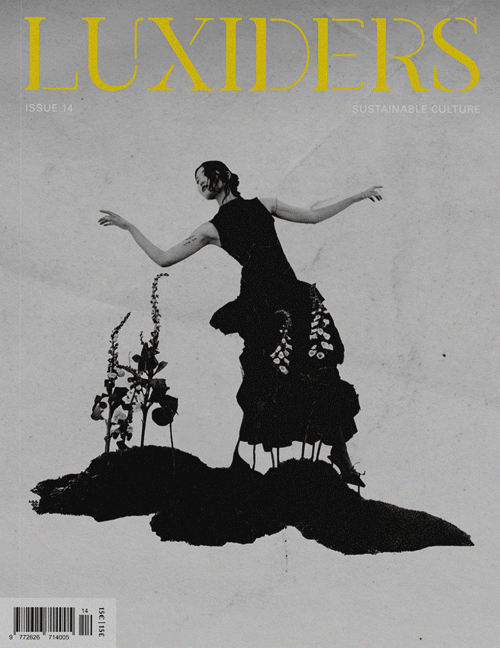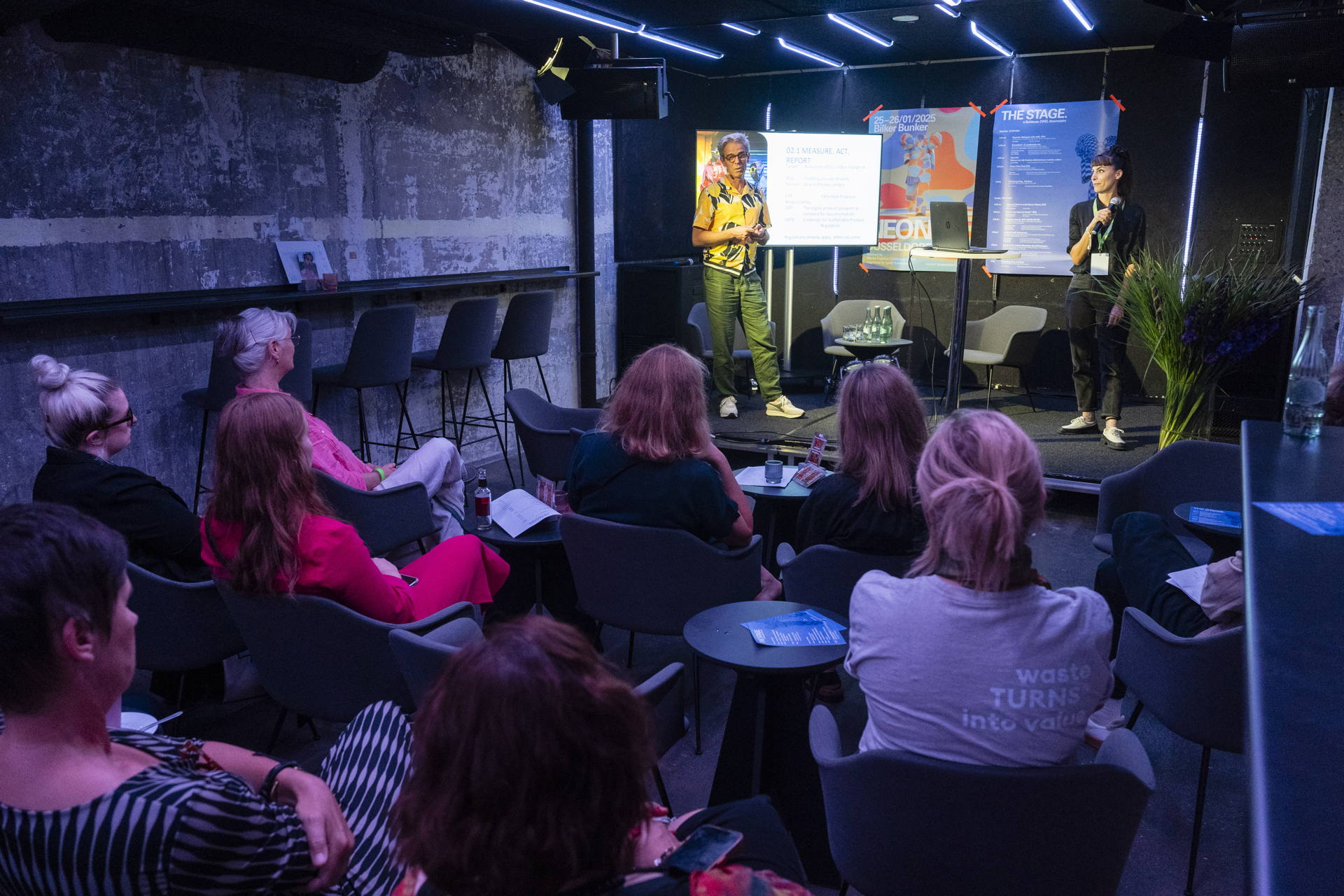
Circular Circuit: Industry Leaders Convene at Neonyt to Tackle Green New Deal Requirements
With the mission of navigating the challenges and opportunities presented by the Green New Deal, particularly focusing on extended producer responsibility (EPR), a select group of 30 entrepreneurs from the Netherlands and Germany gathered at Neonyt Düsseldorf, the international hub for sustainable fashion. Luxiders Magazine was one of the companies selected to find solutions.
The Waste Crisis in Fashion

Extended Producer Responsibility: A New Directive
EPR mandates that all companies selling clothing —both manufacturers and importers— adhere to strict regulations concerning the lifecycle of their products. This directive, already in force in the Netherlands since July 2023, will take effect in Germany from January 2025, and subsequently across all EU member states.
Previously applied in industries such as automotive and batteries, EPR is expanding to include packaging, fashion, and furniture. This policy compels companies to ensure the repairability of products, support repair infrastructure, facilitate the take-back of goods, and achieve a recycling rate within their products. For instance, in the Netherlands, new products must contain 50% recycled content by 2025, increasing to 75% by 2030. Additionally, companies must pay a fee for all products placed on the market, not just those sold.
Circular Circuit: Paving the Way for Circular Fashion
From 26 to 28 July, the first Pit Stop event of the Circular Circuit Initiative took place at Neonyt Düsseldorf. In the run-up to the event, over 200 companies from the fashion industry were asked to what extent they are prepared for the upcoming regulations of the Green New Deal. The focus was on extended producer responsibility (EPR). Thirty companies from the Netherlands and Germany met on site to find out about the upcoming regulations and the current situation in the Netherlands, exchange best practices and discuss possible cross-sector cooperation. Luxiders Magazine was one of the companies selected to be part of the research.
Rosan van Boven, co-founder of Fabriek Fris, and Nils Bader, founder of Green Product Awards, expressed surprise at how unprepared many brands are for the upcoming regulations. “The directive’s impact on brands, particularly in Germany, is not well known. The challenges extend beyond internal processes to future coordination with other sectors,” –they noted.
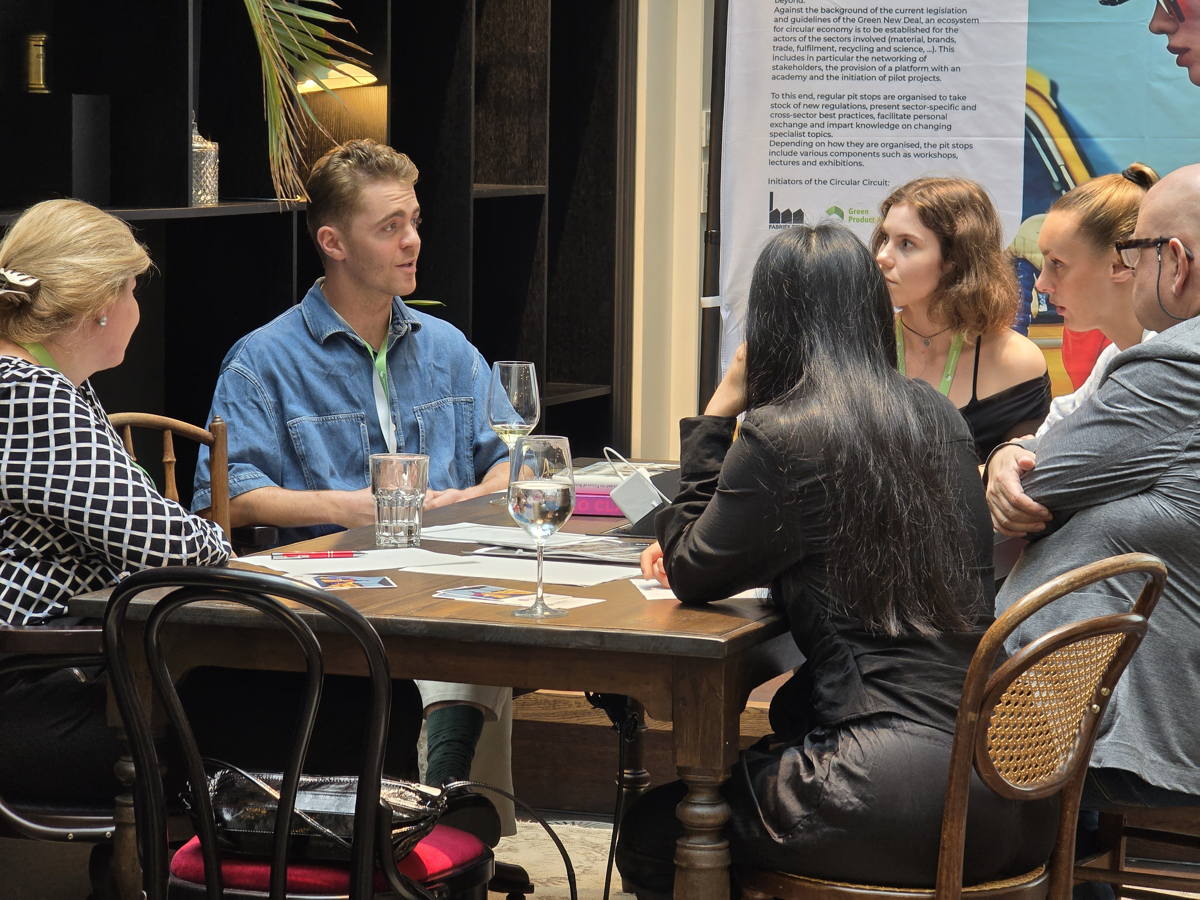

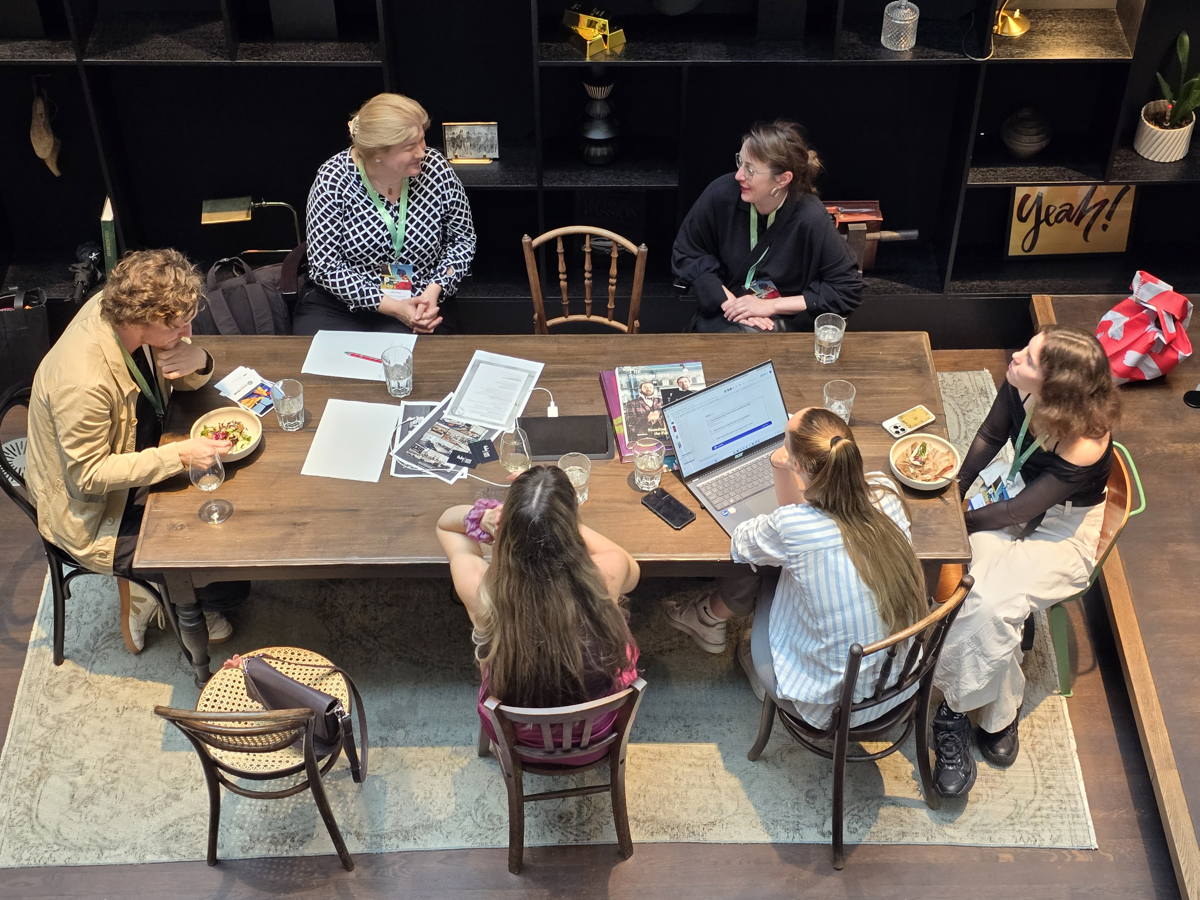
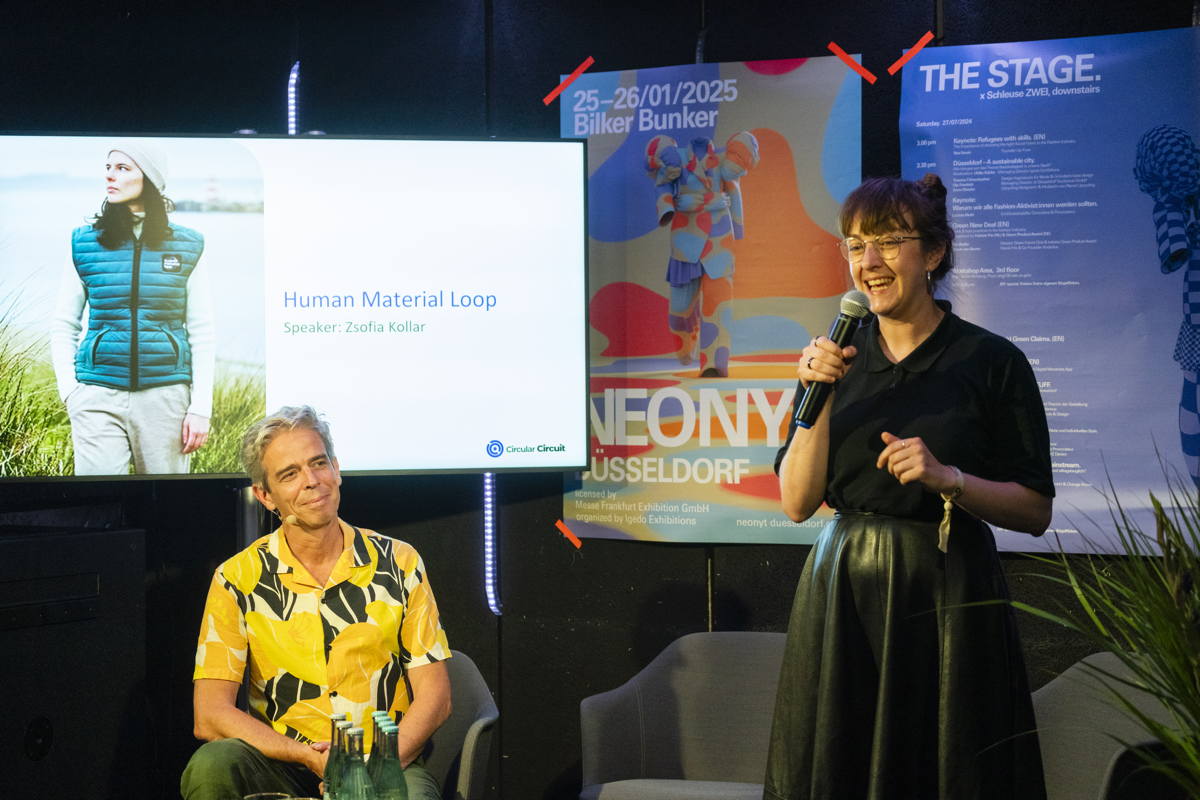
Key Insights from the Circular Circuit Initiative
The Circular Circuit initiative highlighted several critical insights:
- Brands Are Unprepared: Among all sectors, brands are the least prepared for the upcoming regulations, underscoring the value of knowledge exchange and best practices.
- Concrete Challenges in Circularity: The shift towards circularity poses specific, concrete challenges that need addressing.
- Coordination with Other Sectors: Finding compatible partners, utilizing shared infrastructure, and adapting business models are seen as more challenging than internal company measures.
- Inadequate Recycling Systems: Current collection and recycling systems are inadequate for the anticipated volumes in textile recycling.
- Need for Knowledge and Best Practices: There is a significant need for knowledge regarding circular design, life cycle assessment (LCA), materials, and more. Participants emphasized the importance of best practices and ideal-typical projects as reference points.
- Positive Knowledge Exchange: The intensive format of the exchange was rated positively, laying the foundation for cross-sector cooperation.
Towards a Circular Fashion Future
The Circular Circuit’s first pit stop at Neonyt is part of a broader initiative to create a learning and networking platform focused on circular fashion. Initiators Fabriek Fris and the Green Product Awards aim to bring together material producers, designers, brands, manufacturers, retailers, fulfillment service providers, recyclers, and academia.
As the industry grapples with the demands of the Green New Deal, these initiatives and collaborations offer a roadmap towards a more sustainable and circular future in fashion. The road ahead is challenging, but with concerted effort and cooperation, the transformation of the fashion industry is within reach.
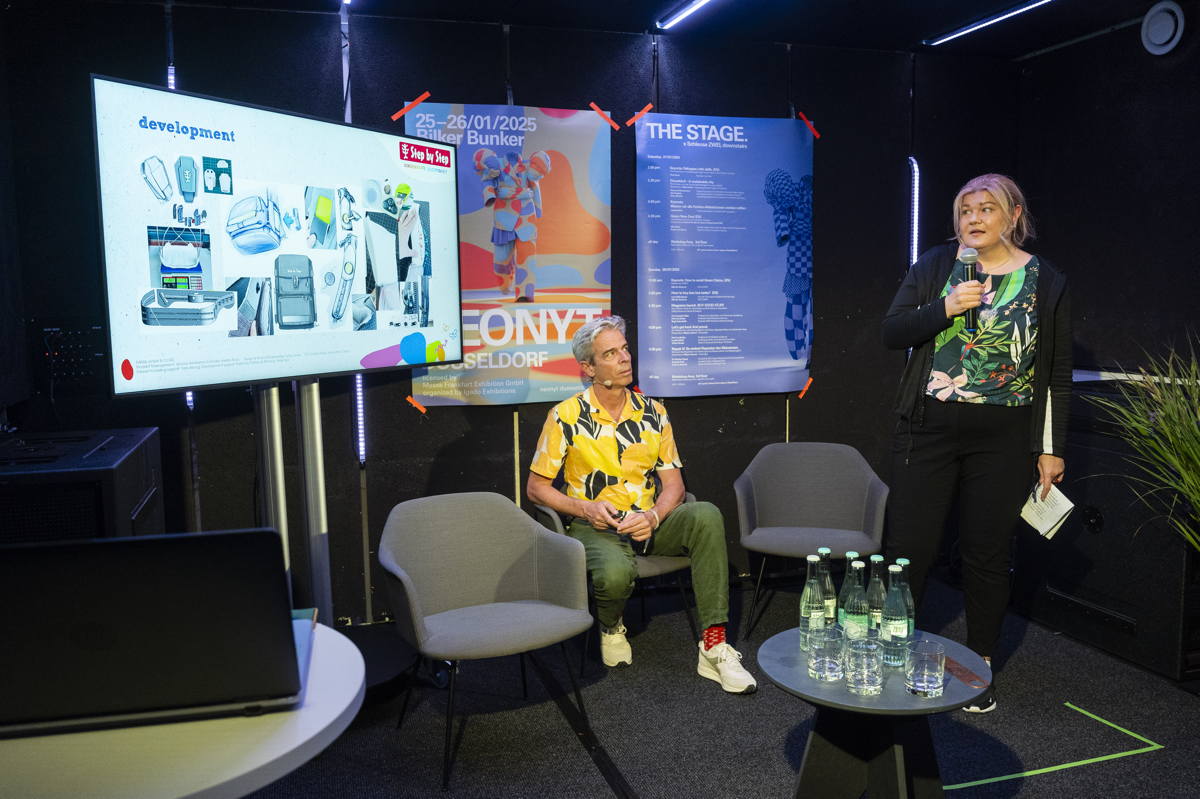
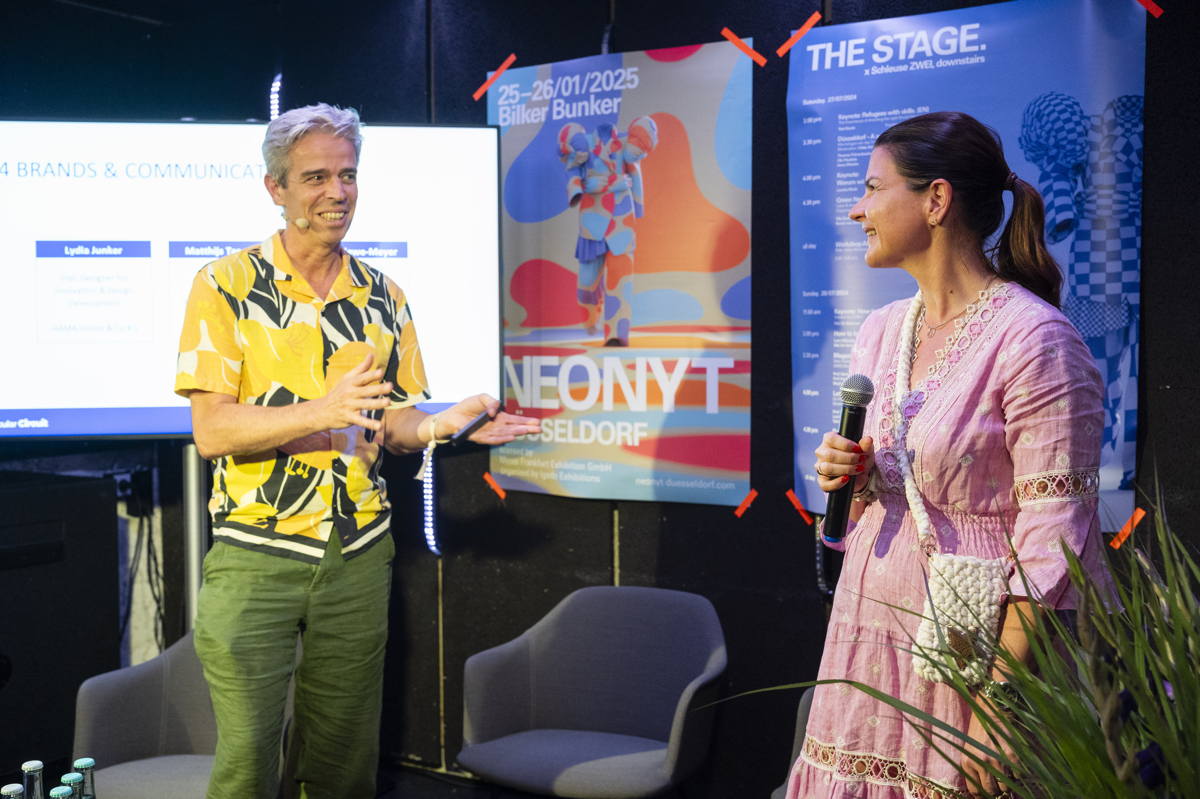
Highlight Image: © Bernd Lauter/berndlauter.com
